Speakers
Keynote and Panel Speakers
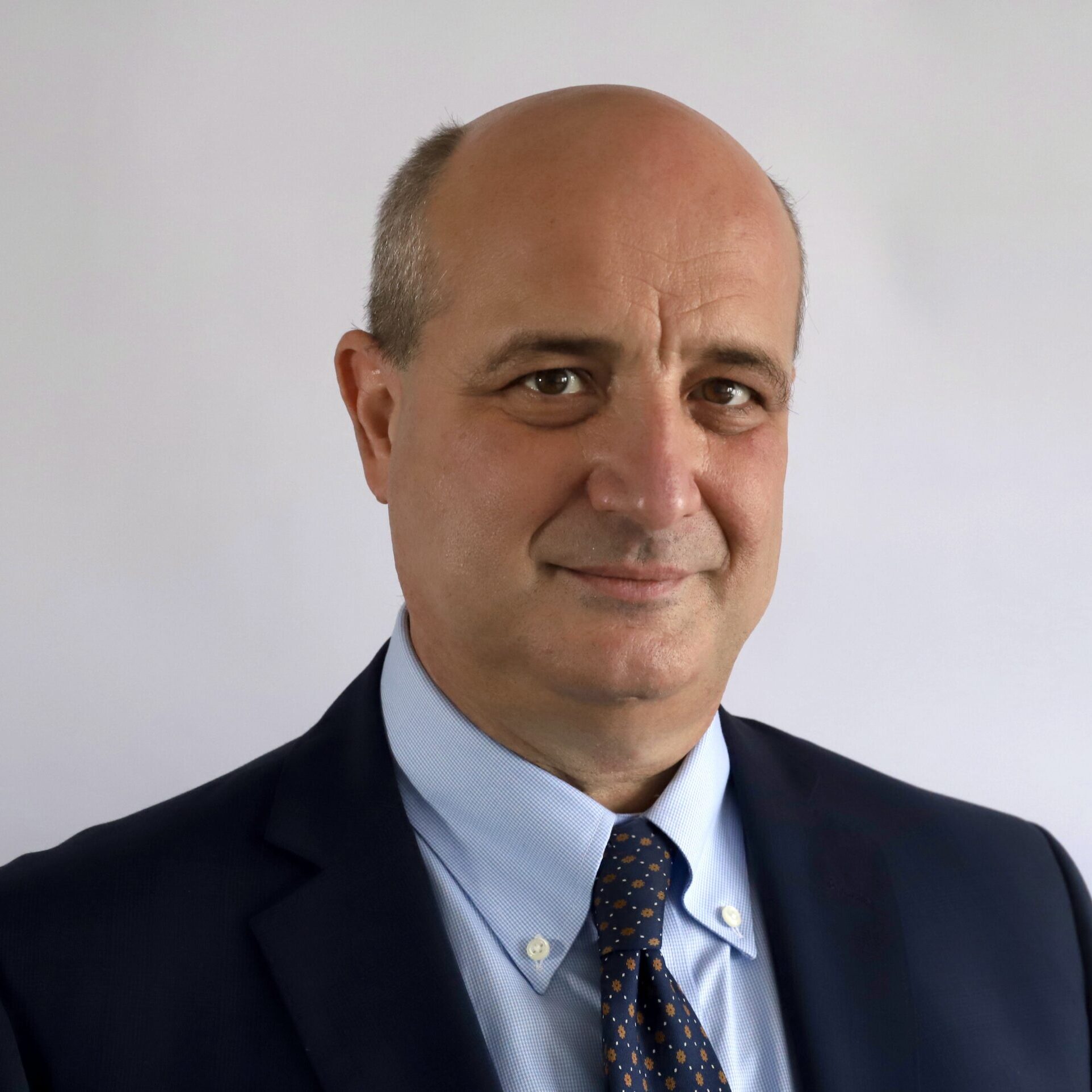
Nicola Casagli
Dr Casagli is Professor of Engineering Geology at the University of Florence, President of the National Institute of Oceanography and Applied Geophysics - OGS, and Founder and President of the Civil Protection Centre of University of Florence.
He is also Vice President and immediate past President of the International Consortium of Landslides (ICL), President of the 6th World Landslide Forum, founder and Chairholder of the UNESCO Chair on Prevention and Sustainable Mitigation of Geo-hydrological Hazards, and founder and scientific head of the research infrastructure of national relevance Advanced Technologies for Landslides (ATLaS).
He is a member of the Major Risks National Committee of the Department of Civil Protection of the Italian Governmentand former vice president of the International Consortium on Geo-disaster Reduction (ICGdR).
His expertise encompasses geological hazards and ground instability, geophysical technologies for monitoring and exploration, remote sensing, radar interferometry, engineering geological characterisation and modelling. His research group has been recognised as World Center of Excellence on Landslide Risk Reduction, and he is included in the Elsevier - Stanford University's list of the World's Top 2% Scientists.
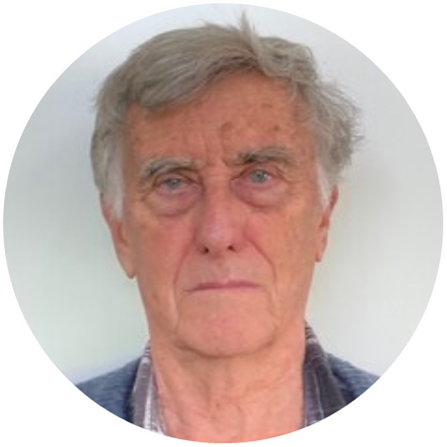
Tim Davies
Dr Davies recently retired from his position as Professor in the School of Earth and Environment at University of Canterbury, New Zealand. Trained originally as a civil engineer, his research interests developed from river hydraulics through fluvial geomorphology to debris flows and landslides, with diversions into rock mechanics, seismology and glaciology. In recent decades Tim led the Disaster Risk and Resilience postgraduate programmes at University of Canterbury, specialising in critiquing the use of risk as a decision tool.
As well as publishing on rock avalanche runout and fragmentation, debris-flow risk-to-life, multi-hazard risk and other topics, and involvement in the AF8 project on preparing for an Alpine Fault earthquake, Tim has recently been involved in the science underpinning risk management studies at Matatā, North Island; Franz Josef, Westland; Queenstown; and Milford Sound. He has also led topics in the Resilience to Nature's Challenge programmes under MBIE, and consulted for local and national agencies on a variety of hazard and disaster situations.
Tim is a former member of JTC-1, Associate Editor for JRG (Earth Surface), former member (and convenor) of the International Organising Committees for the conference series on Debris-Flow Hazard Mitigation and Gravel-Bed Rivers, and former Editor of Journal of Hydrology (NZ). He has held visiting fellowships at Durham University, UK and VAW (ETH-Zürich, Switzerland).

Xuanmei Fan
Dr Xuanmei Fan is director of State Key Laboratory of Geohazard Prevention and Geoenvironment Protection (SKLGP) at Chengdu University of Technology, China. She received her PhD in Engineering Geology from the Faculty of Geo-Information Science and Earth Observations (ITC) at the University of Twente in 2013. In 2015, she became a leading professor at SKLGP. Prof. Fan’s research focuses on the earthquake- and climate change-induced chains of geological hazards, long-term landscape evolution and disaster risk reduction. Her work has been widely applied in the emergency response and rescue operations following major earthquakes. Due to her significant scientific achievements and contributions to society, she has recently received Chinese Young Women Scientists Award, Scientific Exploration Award, and the Science and Technology Awards of the International Association for Engineering Geology and the Environment (IAEG). As chair, she co-founded the Global Partnership for Smart Informatics and Multi-hazard Reduction (SIMR), aiming to address the global challenges created by increasing multi-hazard risk and climate change in a fast-changing world. She has published more than 140 ISI papers in Nature Geoscience, Reviews of Geophysics, GRL, JGR etc
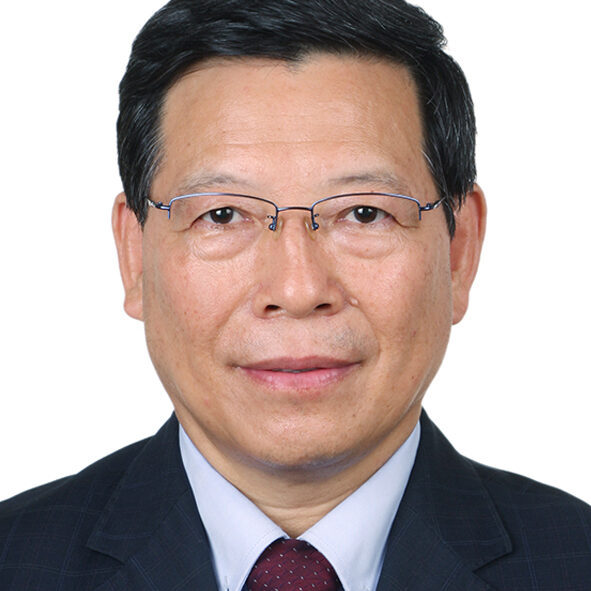
Manchao He
Prof. Manchao He has been a Professor of Civil Engineering (Geotechnical) at China University of Mining and Technology, Beijing since 1993. Later serving as the Director of the State Key Laboratory for Geomechanics and Deep Underground Engineering-Beijing since 2008. He is currently an Academician of Chinese Academy of Sciences (CAS) and Argentine National Academy of Engineering (ANI). He mainly engaged in the research of Rock Mechanics and Engineering, including the prediction of landslides. He successfully self-developed a new monitoring system which measures the Newton Force Variation along the slip surface of landslide. It has been applied successfully in many practical projects, which makes a significant contribution to landslide disasters prediction and control. His expertise is highly sought after, leading him to consult on over 200 projects since 1991. He has authored more than 300 technical papers, and has been awarded 4 National Awards, 2 Chinese Outstanding Patented Invention and an International Society for Rock Mechanics and Rock Engineering (ISRM) Technological Innovation Award.
Between 2015 and 2019, Prof. Manchao He served as ISRM Vice President at Large and the Chairman of ISRM Education Fund Committee. Prof. Manchao He served as the President of Chinese Society for Rock Mechanics and Engineering (CSRME) since 2016 and as the Vice President of International Consortium on Geo-disaster Reduction (ICGdR) since 2022.
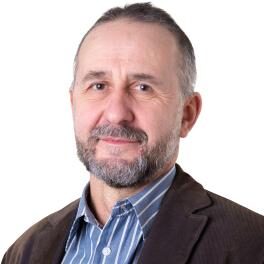
Reginald Hermanns
Dr Hermanns is Professor (Associate) at Norwegian University of Science and Technology. His research focuses on rock-slope stability and integrates neotectonics, paleoseismology, Quaternary landscape development and the technical and societal responds to landslide threat. His specific focuses include hazard and risk classification, secondary effects of rock-slope failures such as damming and displacement waves, Quaternary dating techniques, and integration of diverse monitoring data with field-based structural geology and geomorphology. Reginald has worked in the past years mainly in Norway, the Arctic and the Himalaya but has also broad field experience from the Andes and some experience from Canada and the Alps.
Reginald has organised 11 major conferences including Symposiums on landslides in the Andes and NATO Advanced Research Workshop on "Landslides from massive rock slope failures" and "Stability of rockslide dams".
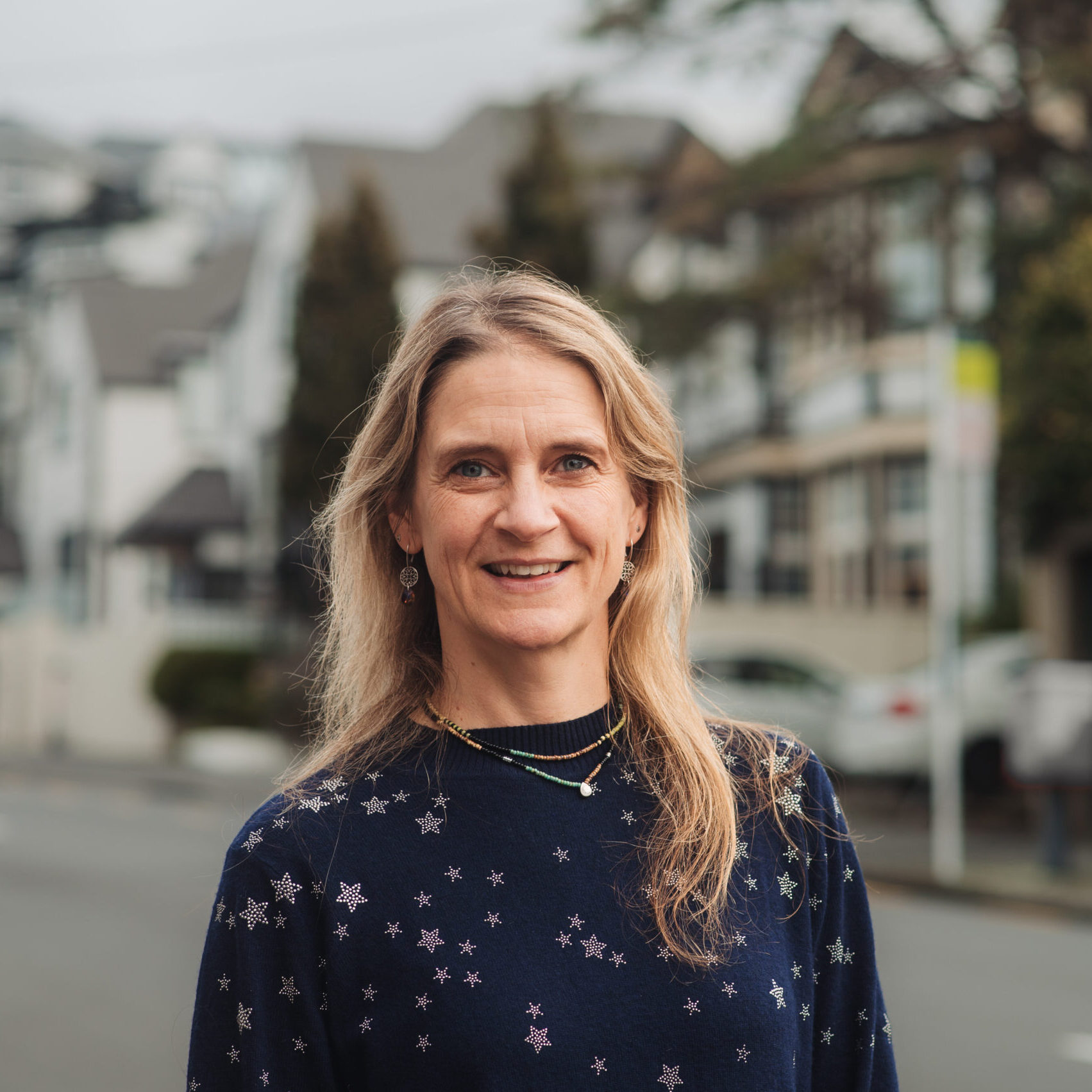
Jo Horrocks
Dr Horrocks is the Chief Resilience and Research Officer at the New Zealand Natural Hazards Commission I Toku Tū Ake, where she leads the organisation's investment in science, data, and modelling to improve New Zealand's understanding of natural hazard risks and how to reduce them. Over the past six years, Jo has overseen a programme of around $14 million annually, focused on turning foundational and complex science into practical insights that support better decisions on natural hazard risk and building resilience.
Jo is passionate about making complex science usable - whether that means advising policymakers, supporting local planners, or helping everyday New Zealanders understand the risks around them. Her focus is on ensuring research has real world impact, by getting it into the heads of those who need it most.
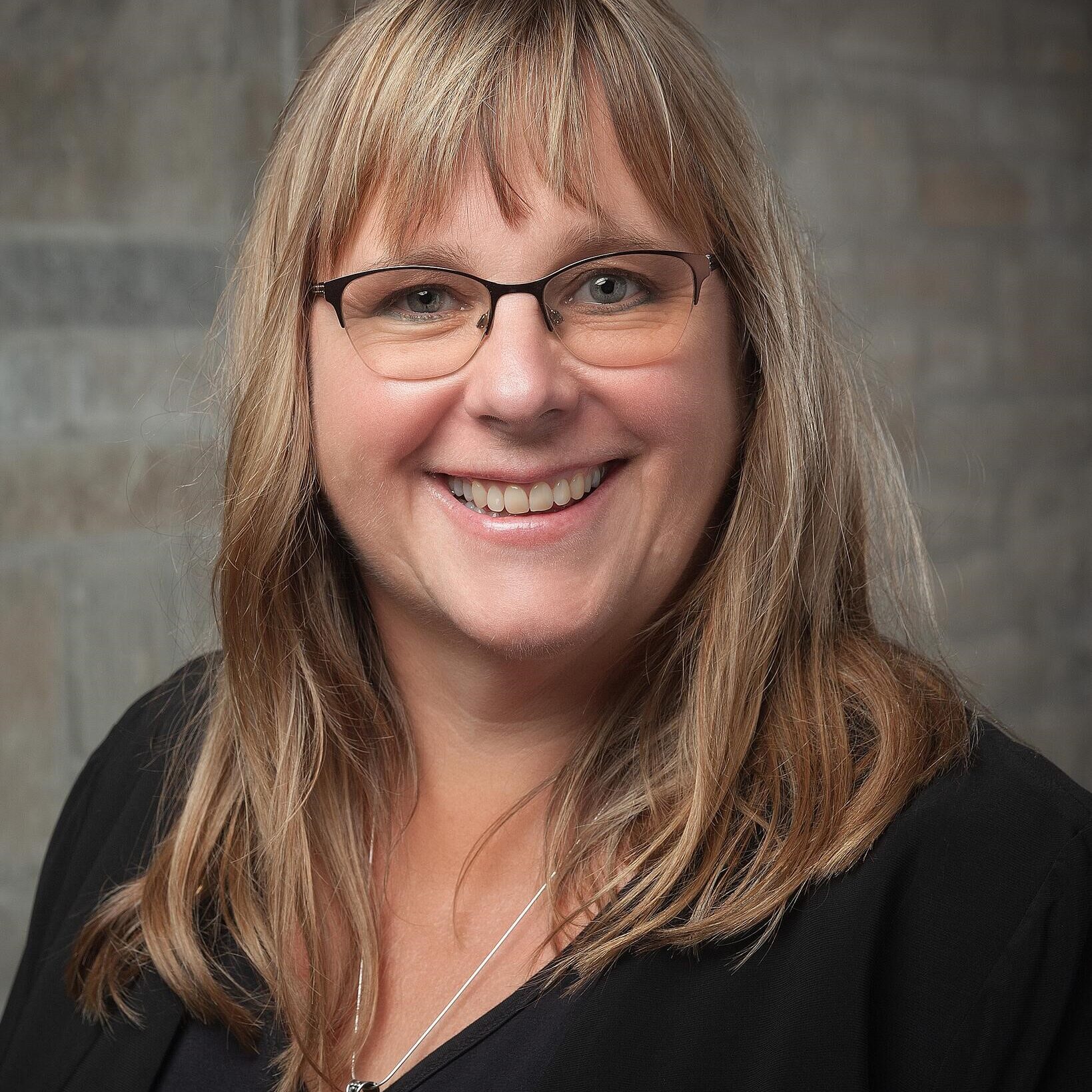
Jean Hutchinson
Dr Hutchinson is a Professor Emerita of Geological Engineering at Queen's University, Alberta Canada, and the Vice President of Innovative Geomechanics Inc. Her engineering focus has been on integrating geological knowledge into geomechanics for underground and surface mining, mine closure, planning, transportation corridor hazard assessment and risk management, and landslide monitoring and risk management using instruments and remote sensing. She serves on the Technical Review Boards of several organisations, including Rio Tinto's Bingham Canyon Mine and the Hong Kong Slop Stability Technical Review Board.
Jean has received the Glossop Medal (2019), the John B. Stirling Medal (2024), the Women in Mining Canada Trailblazer Award (2024), the Canadian Pacific Railway Medal (2017), the Robert L. Shuster Medal (2016) and the inaugural Engineering Education Excellence Award at Queen's University (2016). Jean was elected as a Fellow of the Engineering Institute of Canada in 2011 and the Canadian Academy of Engineering in 2020.
Volunteering for professional organisations is also a key focus for Dr. Hutchinson. She is currently Chair of FedlGS JTC3 for Training and Education, Member of the International Advisory Board to the President of the IAEG, VP Technical for the Canadian Geotechnical Society and member of both the Women in Mine Stability and Women in Engineering Geology groups.
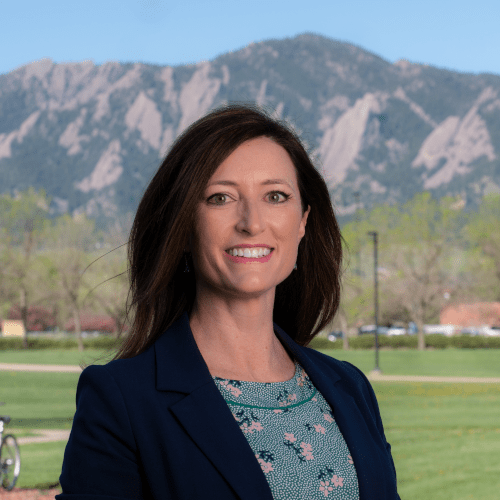
Lori Peek
Dr Peek is director of the Natural Hazards Center and professor in the Department of Sociology at the University of Colorado Boulder. She also leads the National Science Foundation-funded CONVERGE facility, which is dedicated to strengthening interdisciplinary, solutions-focused research. Peek contributed to the production of the English- and Spanish-language Landslide Guide for Residents of Puerto Rico, and she also helped to write FEMA P-1000, Safer, Stronger, Smarter: A Guide to Improving School Natural Hazard Safety. In 2021, she was nominated by President Joseph Biden and approved by the U.S. Senate to serve on the Board of the National Institute of Building Sciences.
Peek has conducted field investigations in the aftermath of several major disasters and recently testified before members of the U.S. Congress on the topic of Ensuring Equity in Disaster Preparedness, Response, and Recovery. She is currently leading the development of the Third Assessment of Natural Hazards for the United States. Peek also regularly teaches sociology courses and mentors a large and diverse cadre of students and early career professionals.
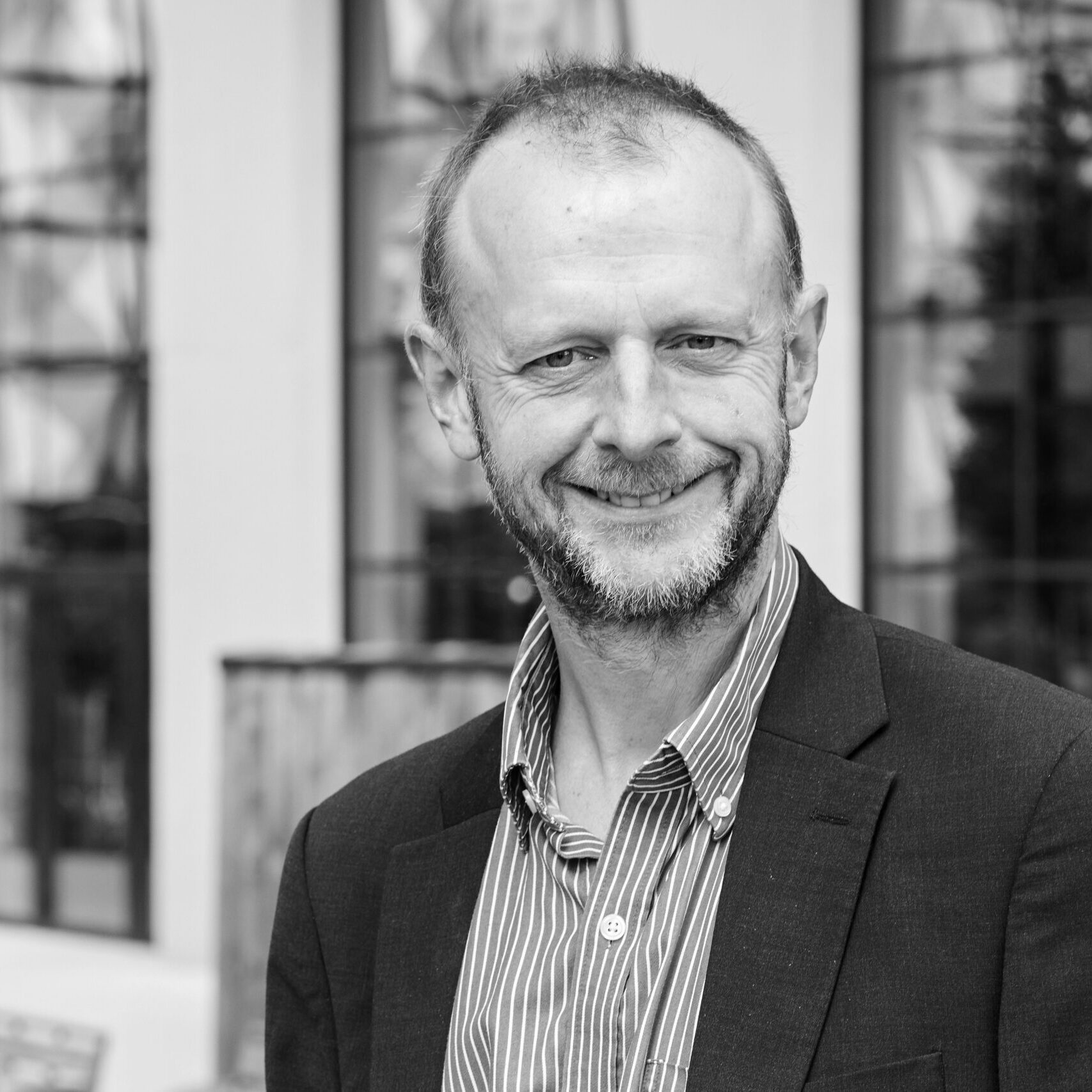
Dave Petley
Dr Petley is the Vice-Chancellor at Nottingham Trent University, UK. His research focuses on natural and environmental hazards, and he was appointed the inaugural Wilson Professor of Hazard and Risk at Durham in 2006. He is recognised widely as a world leader in the study and management of landslides and, alongside advising national and international organisations on the management of slopes, has for over a decade maintained a popular blog on landslides which receives over 500,000 individual visits per year.
Dave is interested in particular on how landslides occur and on the impacts that landslides have on society. He's worked all over the world, including in Europe, the US, Chile, Taiwan, China, Nepal, Pakistan and New Zealand, and is author of one of the best-selling textbooks on the management of disasters, "Environmental Hazards - Assessing Risk and Reducing Disaster".
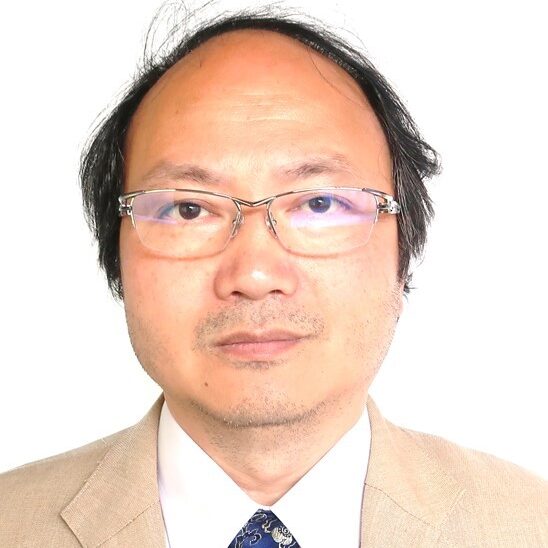
Gonghui Wang
Dr Wang is a full professor at the Disaster Prevention Research Institute (DPRI), Kyoto University Japan, and serves as the head of the Research Center for Landslide Risk Cognition and Reduction at DPRI. He also holds guest professorships at Lanzhou University, and Chengdu University of Technology. Since earning his Ph.D. from Kyoto University in 2000, Dr. Wang has dedicated nearly three decades to landslide research at DPRI, integrating approaches from geophysics, geotechnical engineering, engineering geology, hydrology, and geomorphology. His work has yielded significant insights, particularly on the initiation and movement mechanisms of rapid, long-runout landslides, as well as landslides induced by extreme weather events and earthquakes. He has authored more than 200 publications in leading international journals and serves as an editorial board member for several international, Chinese, and Japanese journals. Currently, Prof. Wang is the Chair of JTC1 (Joint Technical Committee on Natural Slopes and Landslides) under FedlGS (Federation of International Geo-Engineering Societies).
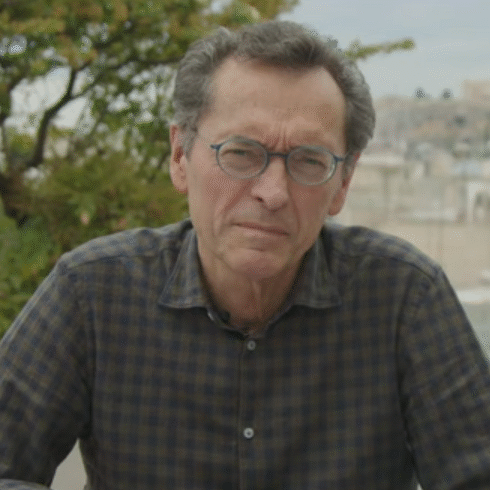
Janusz Wasowski
Dr Wasowski is a Professor in Applied Geology and Geomorphology in Italy (since 2017). Since 2016, he is also the Editor-in-Chief of Engineering Geology (Elsevier), and since 2018, a Visiting Professor at the State Key Laboratory for Geohazard Protection (SKLGP), Chengdu University of Technology (CDUT), China. For several years he has held the position of Science Officer of the Natural Hazards Group Programme, European Geosciences Union (EGU).
Dr Wasowski’s work has covered a broad spectrum of research topics ranging from slope instability and landslide assessment, collateral seismic hazards, geotechnical field investigation and in situ monitoring, to exploitation of air/space-borne remote sensing and geophysical surveying in engineering geology. He has also served as a consultant, focusing on landslides and other geohazards and on the applications of satellite multi-temporal interferometry for monitoring terrain and infrastructure instability
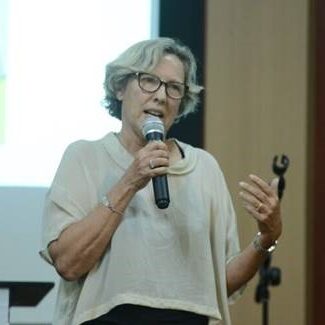
Ann Williams
Ann is a Professional Engineering Geologist (PEngGeol), Fellow of Engineering New Zealand, and a Technical Fellow and Manager of Beca's Geotechnical business. As a consultant, Ann has scoped, directed and reviews the engineering geological and hydrogeological aspects of many projects from concept design through assessments of effects and consenting to construction and monitoring. She has undertaken investigations in a wide range of environments across New Zealand, the Pacific and parts of SE Asia, with particular emphasis on assessment of the effects of infrastructure development on groundwater and slope instability and "natural" hazards assessments and mitigation. Ann is a Past Chair and Life Member of the New Zealand Geotechnical Society Inc., past Vice President (Australasia) and Honorary Member of the International Association for Engineering Geology and the Environment (IAEG) and was recently reappointed to the IAEG board in a role representing women in Engineering Geology, which she is passionate about!
She completed a term on the Board of Engineering New Zealand and is a member of the editorial boards of a number of international journals, contributing to industry guidelines locally and internationally in the areas of soil and rock description, passive rockfall protection, dewatering, engineering geological models and landslide nomenclature. Ann was the recipient of the 2022 NZGS Geomechanics Lecture Award.
Hutchinson Lecture
The Hutchinson Lecture was established by JTC1 in 2017 to honor the outstanding scientific contributions of Professor John Hutchinson (1926–2011). Professor Hutchinson was a highly distinguished scholar in soil mechanics and engineering geology and is widely recognized for his seminal work on landslide analysis, slope stability, and the mechanical behavior of clay soils.
The Hutchinson Lecture is awarded to a researcher under the age of 42 at the time of the workshop who has a disciplinary background in one or more fields within the geosciences and has made significant contributions to advancing the understanding of slope stability and landslide processes. The lecturer is selected from candidates nominated by national societies.
We are delighted to announce that the Hutchinson Lecture will be delivered at the LaRGE2026 conference by Dr. Yifei Cui from Tsinghua University.
Presentation title
Interpreting Dynamic Processes and Early Warning of Debris Flows Based on Seismic Signals
Abstract
On-site monitoring instruments and equipment for debris flows are highly susceptible to geohazards and prone to damage during large-scale hazard events, which severely hinders the collection of field data. With the recent development of environmental seismology, seismic signals recorded by seismometers and geophones can now be used to develop new diagnostic methods for geological hazards. A key scientific challenge here is to establish the quantitative relationship between seismic signals and the flow properties and dynamic processes of geohazards. In this study, we carried out controlled small-scale flume experiments to build a mechanistic relationship between debris flow dynamic characteristics, basal impact-force features, and ground-motion responses. By conducting a joint analysis of flow kinematics, basal force time series and the corresponding seismic responses, we obtain quantitative mappings that link the dynamic states of debris flows to the observed signal characteristics. This allows for physically interpretable inference of flow dynamics, instead of relying on purely empirical correlations. For field applications, we also proposed a detection method based on centroid frequency that requires no prior information. This method effectively makes use of the abundant variations in time-frequency and amplitude of high-energy seismic events to accurately identify small-scale debris flow events. This research advances the theoretical understanding of geohazard mechanisms and lays a solid foundation for developing a predictive framework for debris flow early warning and hazard mitigation.
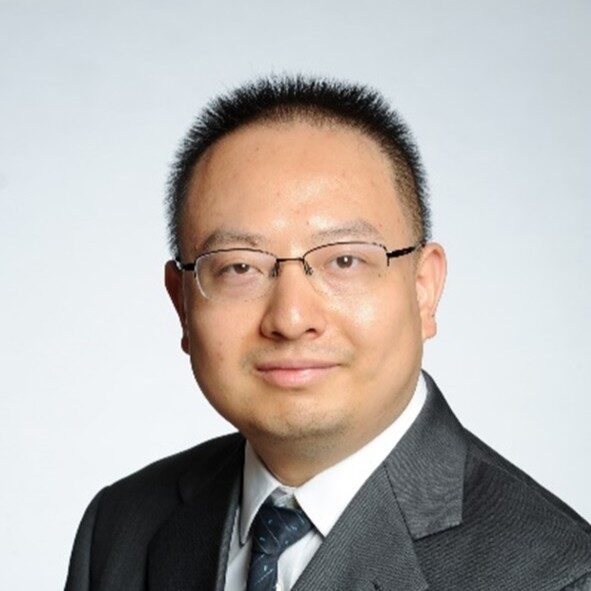
Yifei Cui
Dr. Yifei Cui is an Associate Professor and Director of the Institution of Geotechnical Engineering at the Department of Hydraulic Engineering, Tsinghua University. His research focuses on the multi-scale mechanical properties of soil particles, formation mechanisms of geological hazards, and disaster monitoring and early-warning methodologies based on seismic signals and dynamic characteristics. As the first or corresponding author, Dr. Cui has published more than 50 papers in top-tier international journals including Nature Communications, Geophysical Research Letters, Earth and Planetary Science Letters, Water Resources Research, Journal of Geophysical Research: Solid Earth, Journal of Geophysical Research: Earth Surface, Géotechnique, and Engineering Geology. Of these publications, 10 are listed as Web of Science Highly Cited Papers and 3 as Hot Papers.
He is the recipient of the Richard Wolters Prize conferred by the International Association of Engineering Geology and the Environment (IAEG) and the Outstanding Young Scientist Award presented by the International Consortium on Geo-disaster Reduction (ICGdR).
Currently, Dr. Cui serves as an Associate Editor of Journal of Geophysical Research: Earth Surface and Geoenvironmental Disasters, and as an Editorial Board Member for journals such as Landslides and Georisk. Additionally, he holds the position of Board Member at the International Consortium on Landslides (ICL) and Chair of Technical Committee 6 (TC6) at ICGdR.
Workshop Leads
Find out more about the content of each workshop by clicking on the workshop title, or browsing to our supporting projects page.
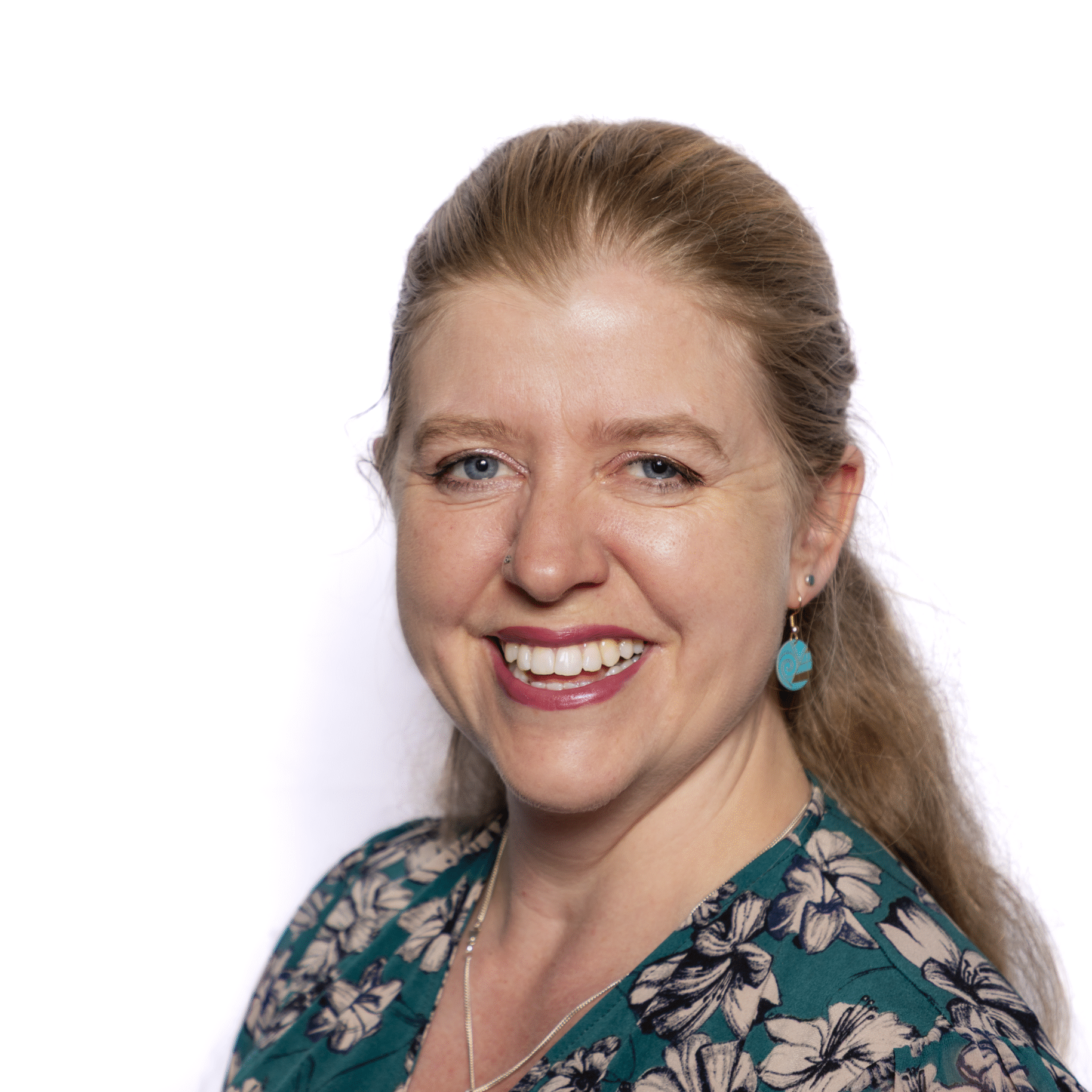
Emma Hudson-Doyle
Associate Professor Emma Hudson-Doyle works at the interface between physical and social science with a focus on communicating the science of natural hazards. She is based at the Joint Centre for Disaster Research, Massey University, and is also seconded part time as Principal Advisor Resilience & Research at the Natural Hazards Commission Tokā Tu Ake. Current research focuses on scientific uncertainty, and the communication and understanding of complex multi-component models used to advise decision makers through co-leading the Endeavour Program Hōretireti Whenua Sliding Lands. She provides expert communication advice to several national agencies during events, sits on the Aotearoa Earthquake Science Advisory Panel, is Editor-in-Chief of the Journal of Applied Volcanology, and member of the World Meteorological Office’s World Weather Research Program’s SAGE Steering Group (Sub-seasonal to seasonal Applications for aGriculture and Environment).
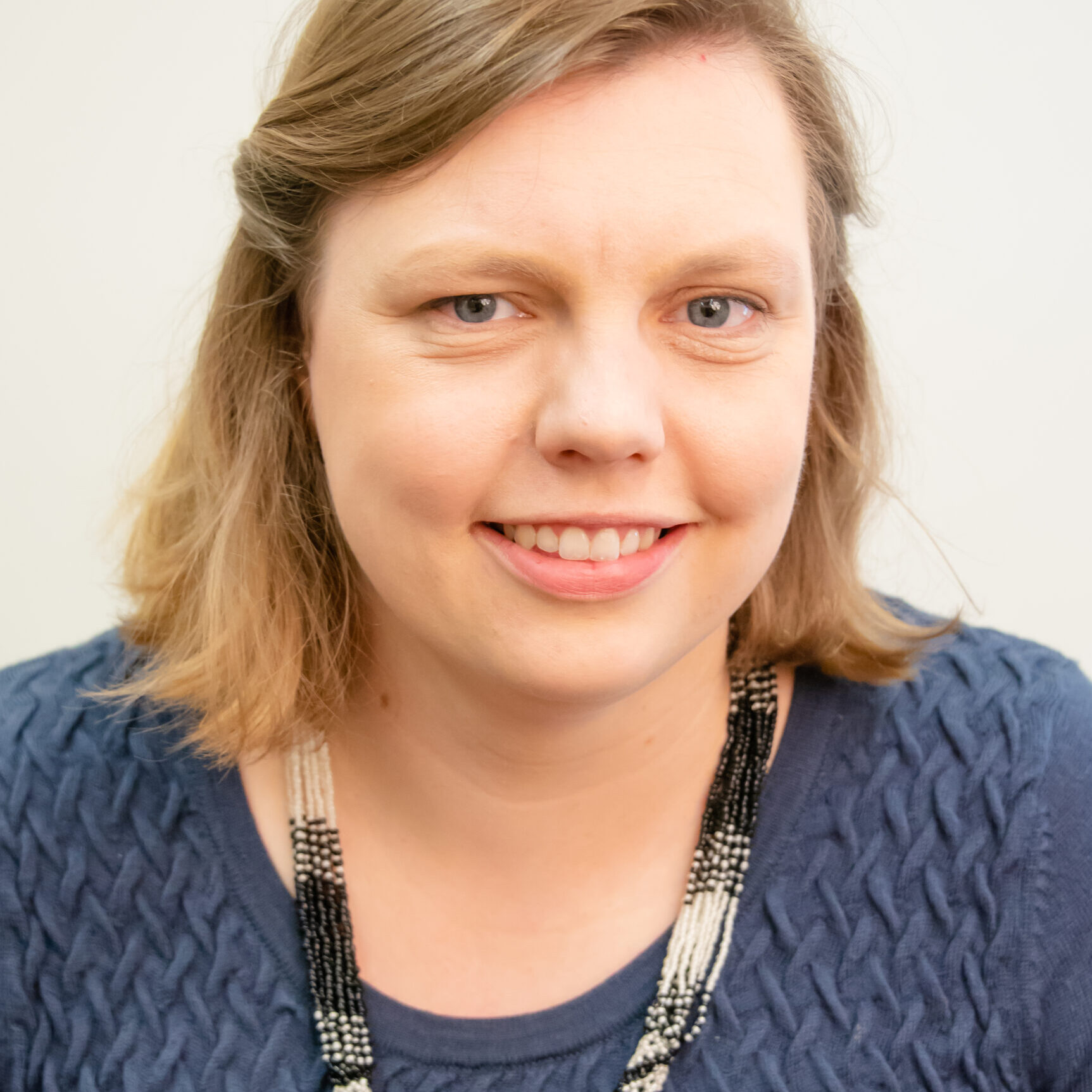
Saskia de Vilder
Dr Saskia de Vilder is an Engineering Geologist at GNS Science. Saskia research interests span from understanding rock slope failure mechanisms, through to landslide runout analysis, to hazard and risk modelling and the interface between science and policy. Saskia is the co-programme lead for Hōretireti Whenua Sliding Lands research programme, which aims to provide accessible and nationally consistent landslide hazard and risk information for Aotearoa. She led the development of a national natural hazard risk analysis framework for the Department of Conservation, enabling consistent assessment of life-safety risks across public conservation lands. Saskia is also a lead author of the Landslide Planning Guidance—a national resource for integrating landslide hazard and risk information into land-use planning.
Saskia co-leads the Sliding Lands endevour research programme alongside Emma Hudson-Doyle and Chris Massey.
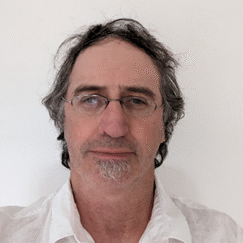
Anthony Miner
Tony Miner has over 40 years' experience in a diverse range of projects in the geotechnical engineering, environmental engineering, engineering geology, coastal risk assessment, coastal geomorphology, erosion management and natural resource planning. He has focused on risk management techniques and landslide studies over the past 30 years and has been a member of the various Australian Geomechanics Society's taskforces on landslide risk management and education programs. He co-presented the AGS's nationwide seminar presentations in 2011 for the "AGS's Landslide Risk Management Guidelines (2007)" and now serves as the co-chair of the steering committee currently undertaking a revision of the AGS guidelines in conjunction with NZGS. He maintains a strong involvement in landslide research and has been a regular contributor at local and international conferences.
He has been involved in various landslide related education and training programs and currently co-presents the long running "AGS Field Techniques for Landslide Assessment" course. In addition, he is a member of the organising committee for the newly delivered "AGS Engineering Geomorphology" course, recently co-presented the "2024 AGS' Risk Assessment Seminars" in various locations in NZ, and has been involved in a number of STEM programs aimed at introducing geoscience to secondary level students.
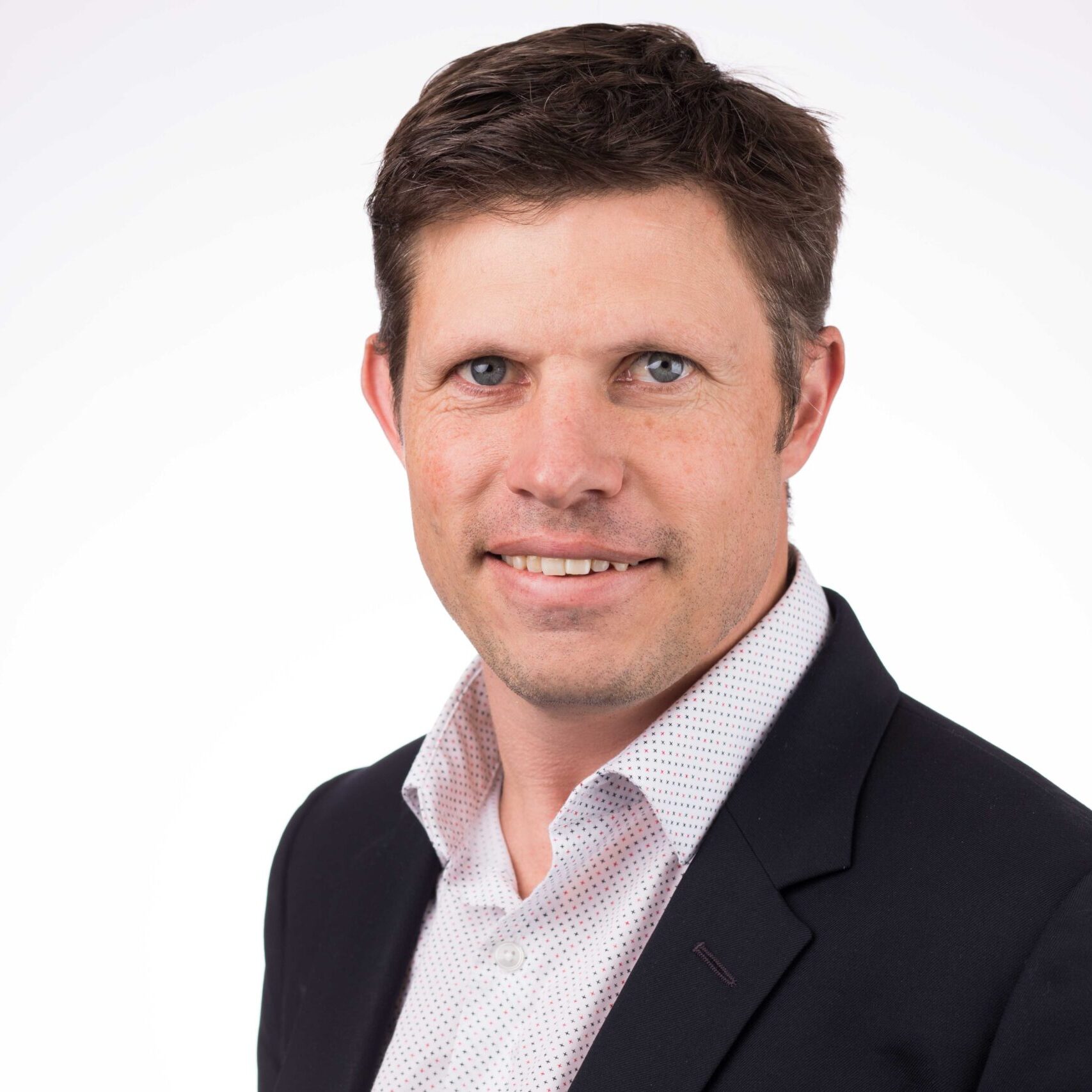
Darren Paul
Darren is an Engineering Geologist with 25 years' experience. He has undergraduate qualifications in civil engineering and geology and postgraduate qualification in engineering geology.
Throughout his career, Darren has been involved in all aspects of engineering geology including geohazard assessments for many different applications including for town planning, roads, rail, tunnels, coasts pipelines and national parks. He has expertise in ground model development and geotechnical interpretation. Darren recently has led several major landslide risk assessment projects, including the extensive Victorian Alpine resorts 2020 risk assessment program which involved risk assessment across all assets in Victorias alpine resorts and remediation of the Bogong Landslide, the largest landslide to affect the Victorian Road network in the past 40 years. He also authored the New South Wales National Parks and Wildlife Service Guidelines for Rock Fall risk assessment, is currently leading a revision of the Australian Geomechanics Society Guidelines for Landslide Risk Management 2007 and is an instructor and manager of the Australian Geomechanics Society Landslide Risk Assessment Course.
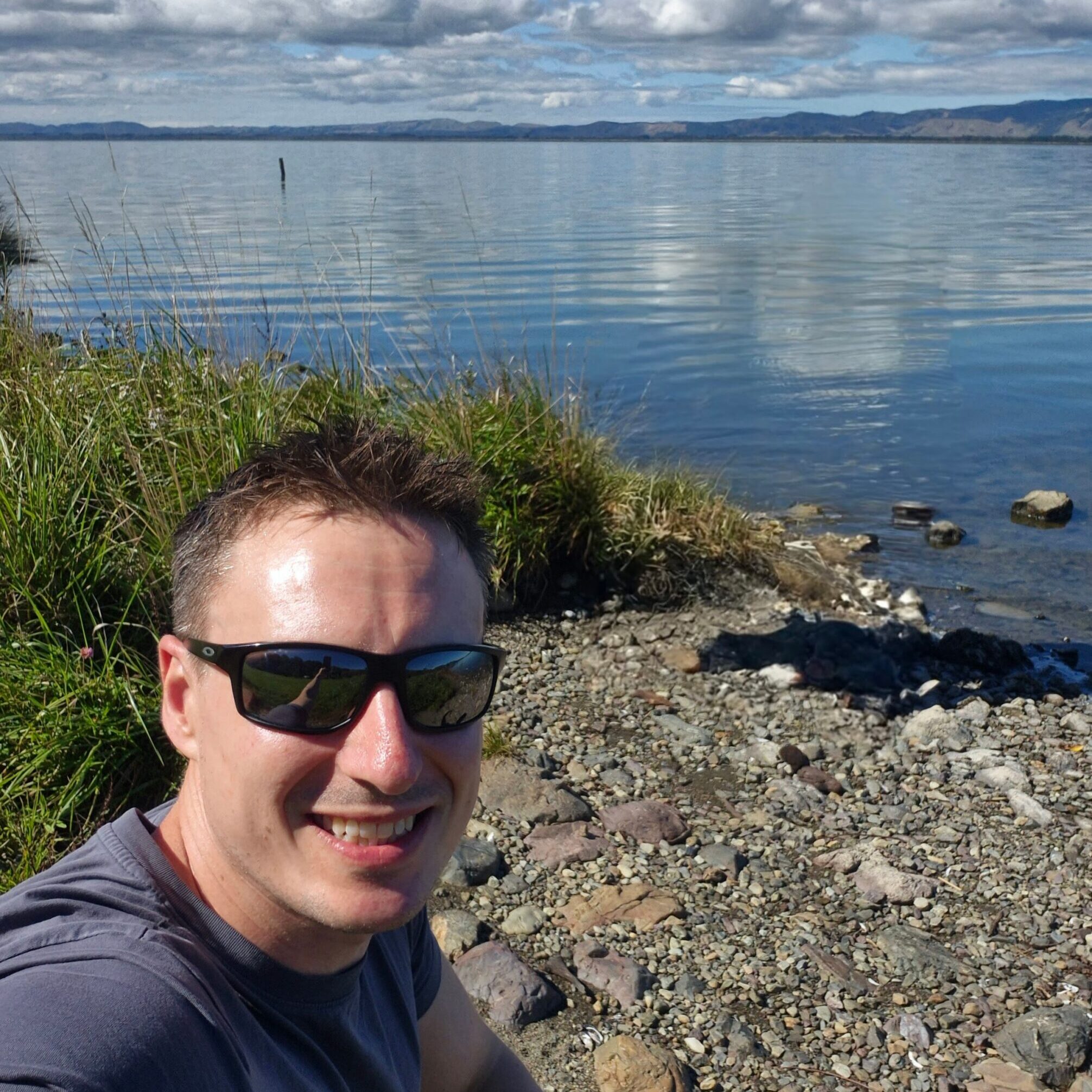
Ian Hamling
Dr Ian Hamling is a geodetic scientist specialising in Satellite Radar Interferometry (InSAR) to measure and model surface deformation associated with tectonic and volcanic processes. After completing his PhD in 2010 at the University of Leeds, UK, and a two-year post-doctoral position at the International Centre for Theoretical Physics in Trieste, Italy, he moved to GNS Science in 2013. Since his arrival, he has worked on broad range of projects ranging from volcanic eruptions and earthquakes to landslides and the effect of vertical land movement on sea level rise. He was the recipient of the 2017 Royal Society of New Zealand Hamilton Prize, is PI for the New Zealand volcano supersite, co-lead of the South-East Asia volcano demonstrator program and co-leads a newly funded Endeavour programme: Landslide Watch Aotearoa.
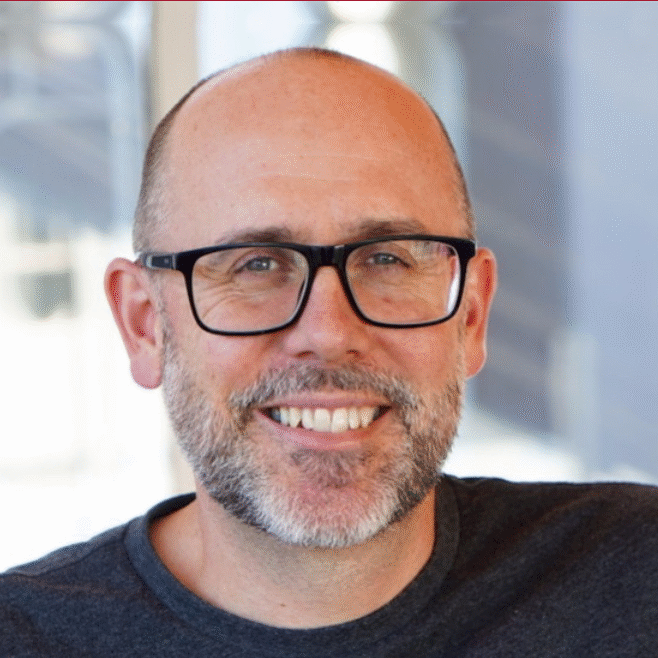
Chris Massey
Dr Chris is a committee member of JTC1, and an engineering geologist who has gathered over 25 years of consultancy and research experience from around the world. He specialises in the investigation and analysis of complex geological and geomechanical data for landslide and slope stability analyses, landslide monitoring, foundation design, underground/surface rock support and groundwater problems.
In his role as Principal Scientist, Surface Geosciences, Chris is responsible for managing GNS Science’s landslide research, strategy, outcomes and relationships with partners and collaborators in New Zealand and overseas. He is also project lead for a number of projects looking at New Zealand’s earthquake-induced landscape dynamics and landscape change, and the development of near-real time landslide forecast tools. Since the Canterbury earthquakes in 2010/11, Chris has had a pioneering role in landslide rock-slope modelling and quantitative landslide risk analysis methods and practices.
